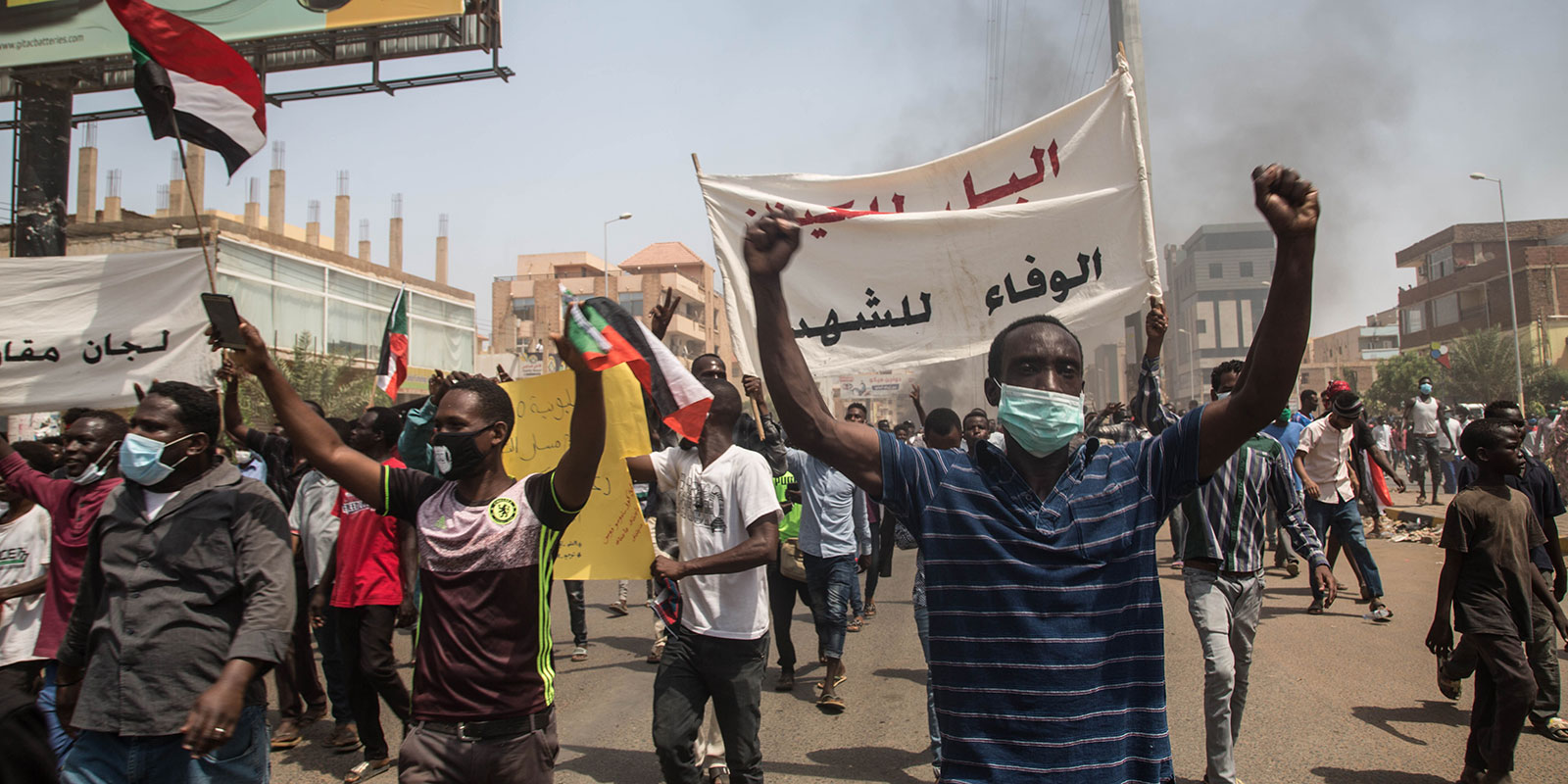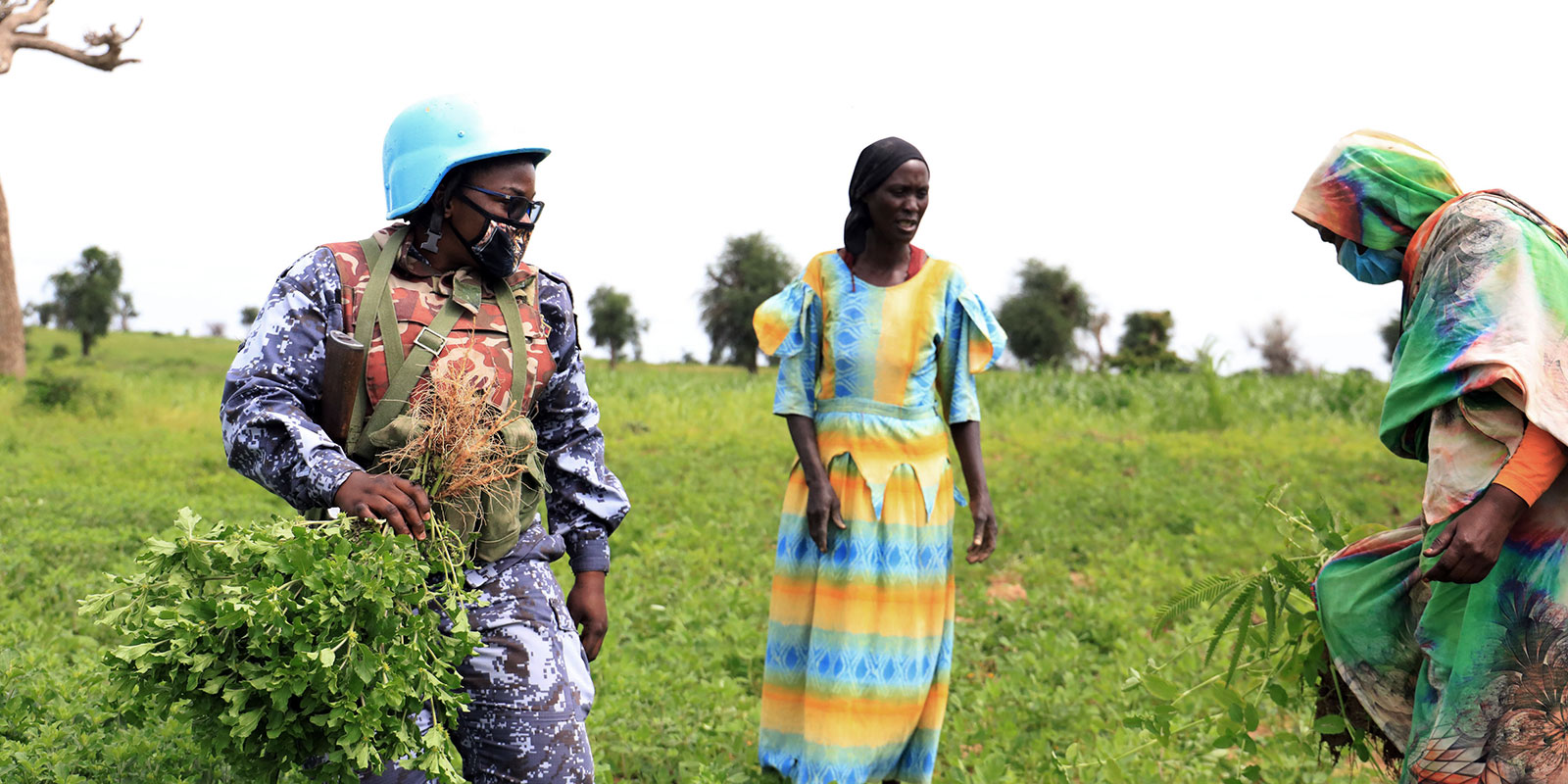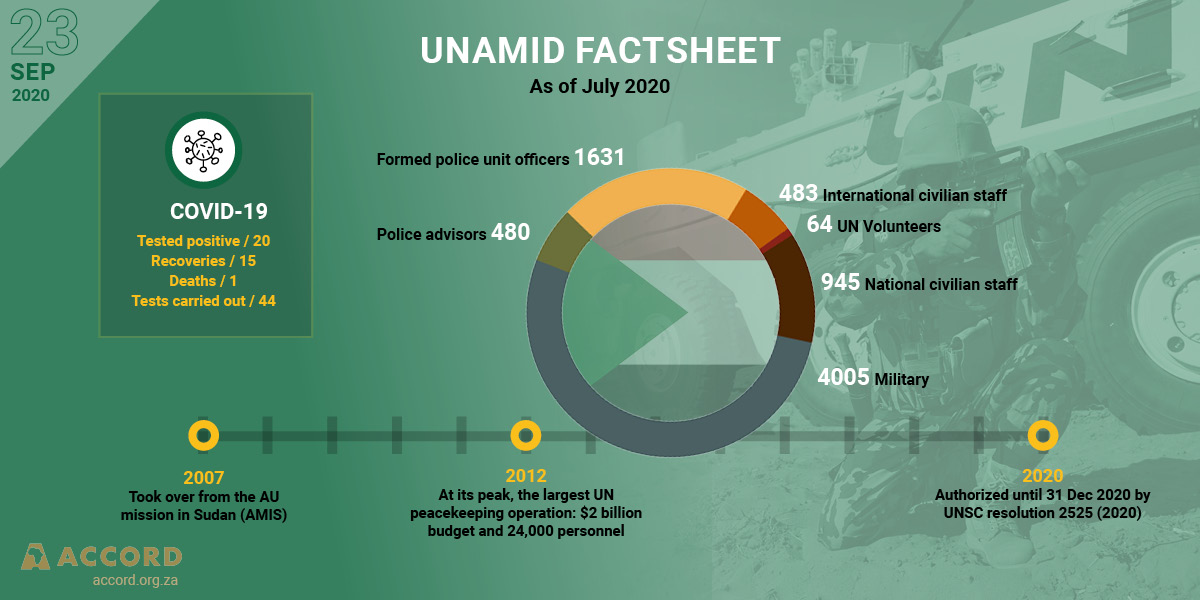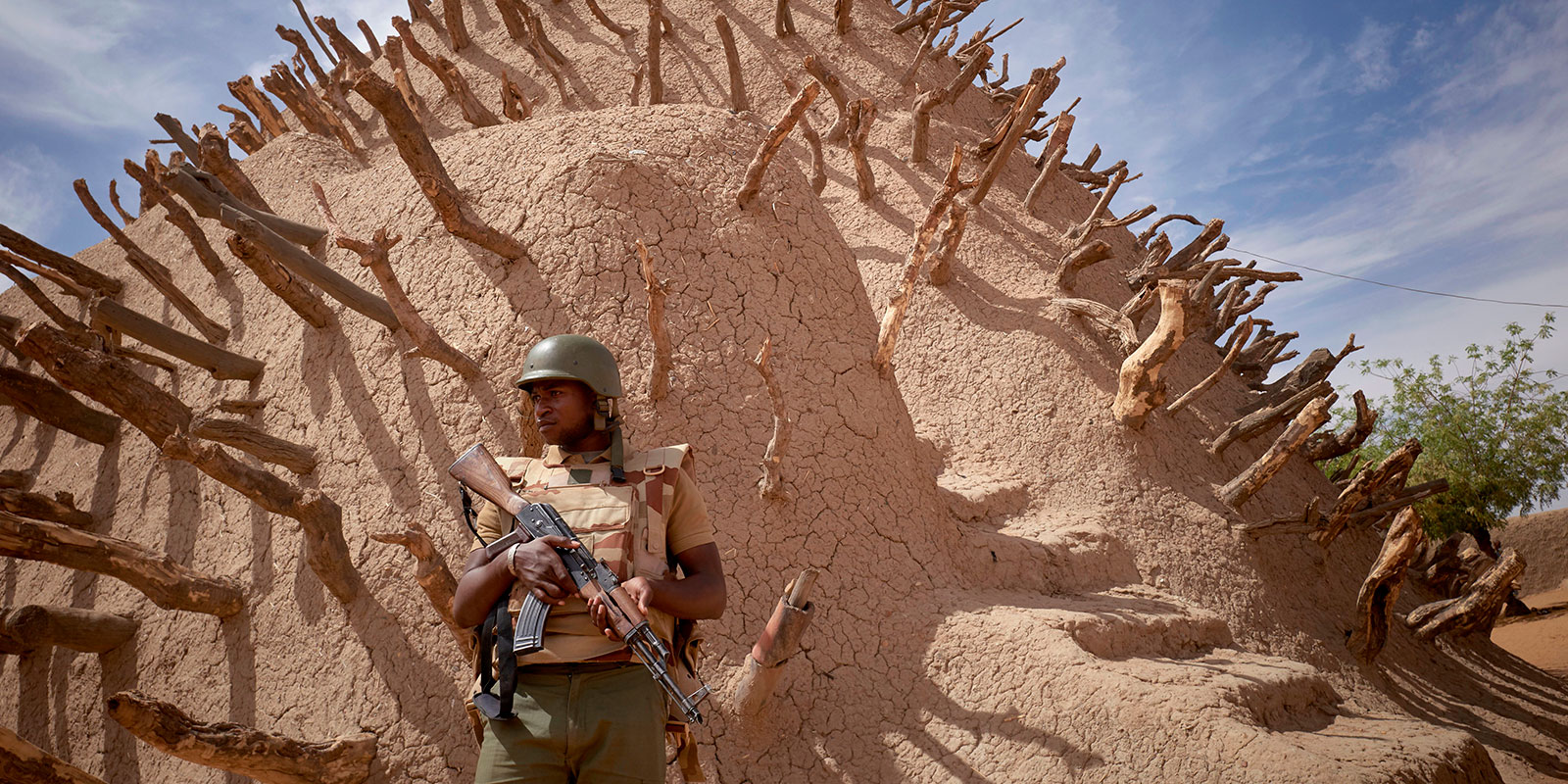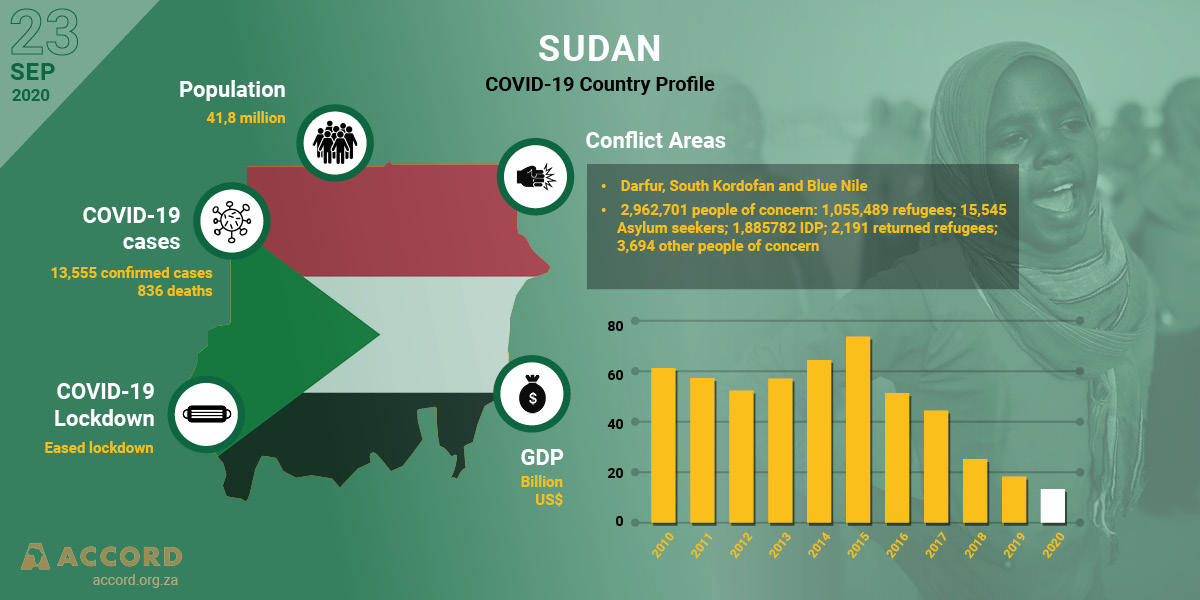Our feature article in this week’s Monitor is by Nicholas Haysom, the UN Secretary-General’s Special Advisor on Sudan, who writes about the impact of COVID-19 on the political transition in Sudan and the UN’s efforts to remain engaged in the process, in spite of the pandemic.
Daniel Forti continues our focus on Sudan by considering the effect of COVID-19 on the drawdown of the AU-UN hybrid mission in Darfur (UNAMID) and the start-up of the new UN Integrated Transitional Assistance Mission for Sudan (UNITAMS). Building on last week’s special edition on the Sahel, Fiifi Edu-Afful reflects on how violent extremist groups in the Sahel have used the COVID-19 period to reorganise themselves, and Nana Alassane Toure argues that despite the various governance woes of Mali, the special needs of young women must be given priority.

